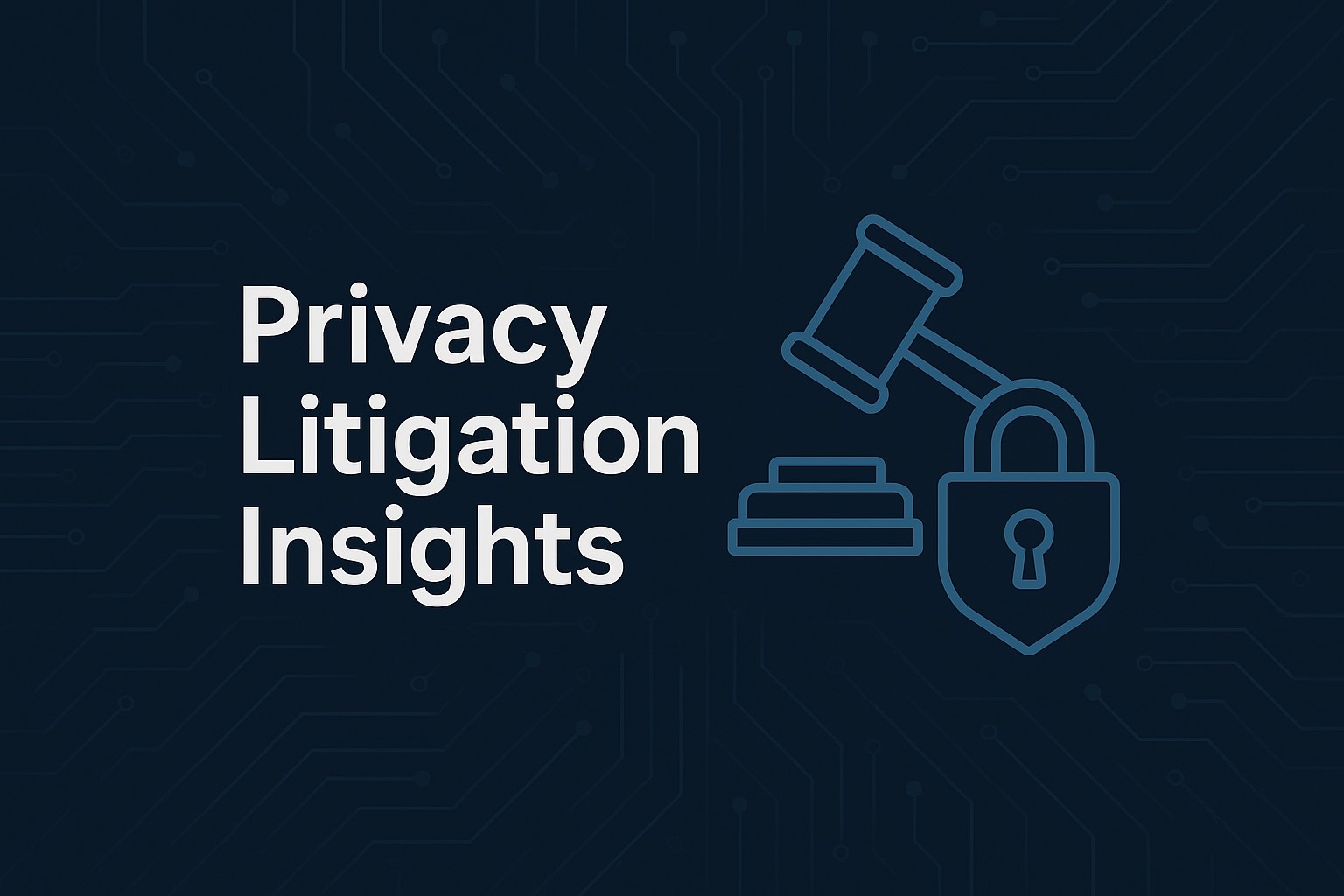
In this post: (1) Courts find cookie banners and sign-in banners place users on notice of privacy policy; (2) but policy must explicitly notify users of practice to establish consent; (3) Courts disagree whether disclosure of Facebook ID violates VPPA; (4) Courts dismiss wiretapping claims after finding messages not received while “in transit”; (5) Defendants forced to litigate in Plaintiffs’ chosen forum as three courts deny motions to transfer venue.




